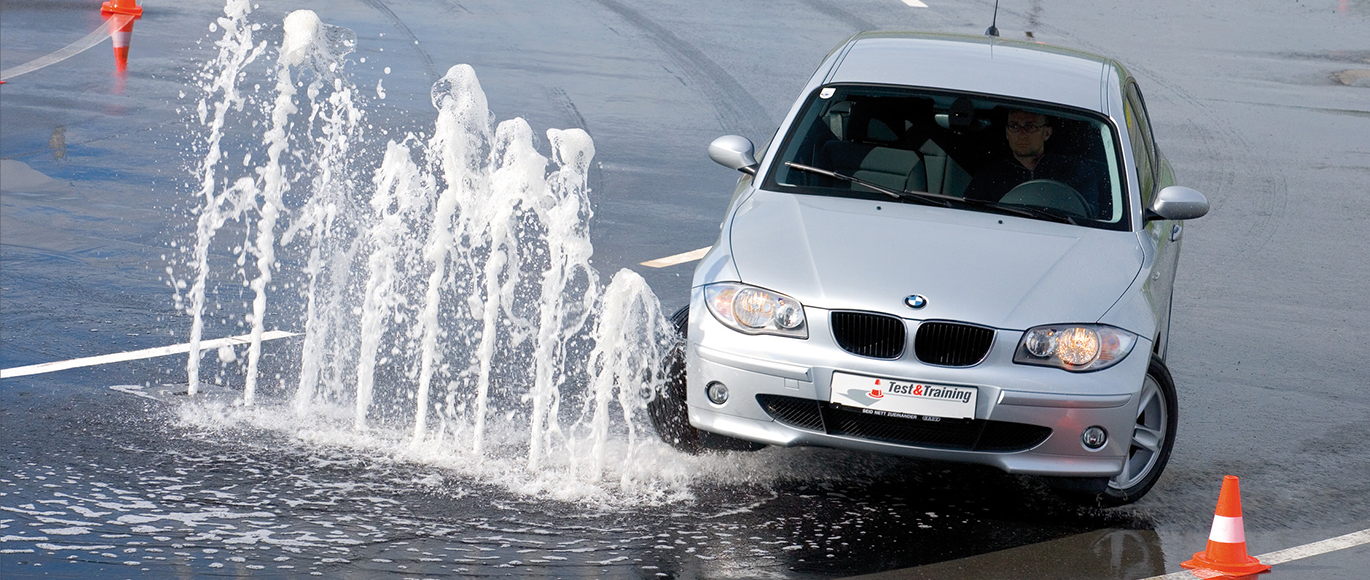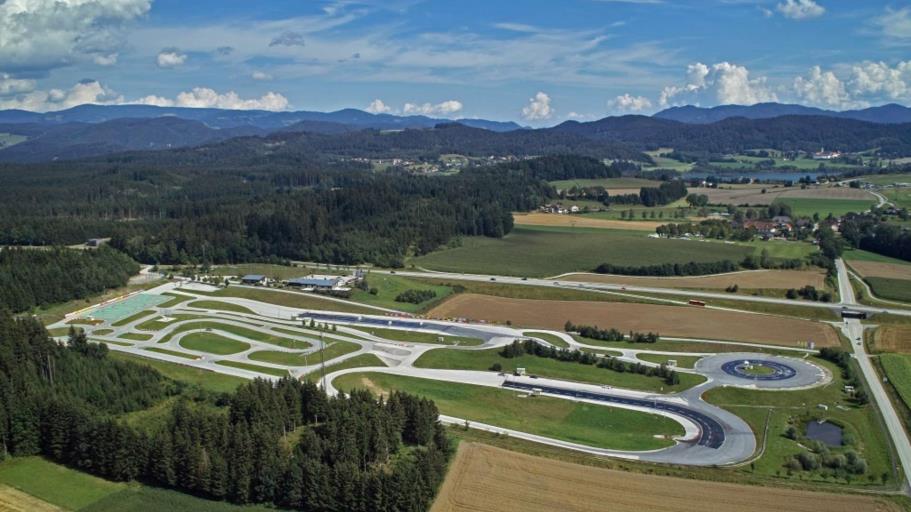
As our vehicle and mobility technologies evolve, the general public will hear about the importance of test tracks/driving training centers more each year. These high-end facilities are designed to mimic hazardous road conditions and train drivers to maneuver safely through the sometimes dangerous and unpredictable road situations—advantageous to any community or traffic-heavy municipality.
Behind the wheel education at a driving training center is a major advancement compared to standard driver’s education. A test track/driving training center is a multi-functional facility designed to train for correct behavior in daily road traffic. It provides standard training methods and the flexibility of tailor-made programs for specific needs of a company’s fleets.
Communities with access to test tracks are on the forefront of advancement and preparedness for road safety and evolution. As proven in the recently published Smarter Cities 2025 Report, the future of mobility will be multi-modal systems connected through smart technology. The study revealed that cities around the world are developing multiple modes of transportation to provide greater efficiencies for residents and businesses. Cities will move to a tech-enabled, multi-modal mobility model, including ride and car sharing, smart traffic signals, mobile apps, and smart public transit systems. These improvements will require adaptation to roads and driver preparedness like never before.
Test track facilities are a design-build collaboration, and Pennoni and GB Consult have partnered to provide all design and construction documents for the tracks internationally since 2012. GB Consult is a global engineering company with more than 25 years of experience providing a full range of services, from planning and design to construction management. These tracks need a lot of space—a typical size is 36 acres and welcomes about 20,000 participants a year. Start-up costs are about $12 million, with a project payback of 5 years.
To complete a track design in Baku, Azerbaijan, Pennoni first provided engineering documentation support and converted 1D plans into 3D plans, such as highly specific land development site plans, construction drawings for grading, and more. The Baku Test Track design, which spans 1.25 miles, includes five training modules: skid plates, circle track, downhill track, a dynamic area, and a two-wheel area. Pennoni also provided similar CADD design support for a road-testing track in KEAC, Saudi Arabia. This track included the design for a Formula 1 racing track and Kart track. In addition, Pennoni and GB Consult designed a Safety Training Facility in BRNO, Czechoslovakia.
Test tracks/driving training centers are a place for drivers to come and improve their knowledge on handling different tumultuous road situations. Potential users, aside from public and private research and development, can include emergency support service drivers, fleet operators, trucking industry workers, bus drivers, motorcycle drivers, and first-time/novice drivers. Drivers learn the advantages of a defensive, foresighted driving style and are prepared to implement safe routines in daily driving. A track provides daily traffic situations such as different types of junctions, a hill, changing congestion, signal-controlled intersections, traffic signs, and more. The tracks also have a complete package of training modules, including skid plates, circles, downhill tracks, dynamic area, 2-wheels areas, and technical equipment to practice different situations. The handling track provides another possibility to utilize the facility efficiently and can be used simultaneously for road safety training and for recreational events.
These facilities help drivers not only learn more about vehicles and their different needs on the road, but also prepare them for conditions that they may never thought they’d have to adapt to.
Angelo C. Fatiga, Division Manager
Angelo Fatiga serves as Division Manager for the Environmental Division in our Philadelphia, PA office. He has nearly 20 years of project management, construction management and environmental consulting and construction experience. He has managed all aspects of environmental projects including assessment & investigation, remedial work plans, site monitoring, system design and construction, system operation and maintenance, project reporting and regulatory negotiations. These projects included underground storage tank installations, removals and modifications, soil and ground water remediation systems, municipal solid waste landfill cell construction and capping.
Contact Angelo for more information at AFatiga@Pennoni.com.

